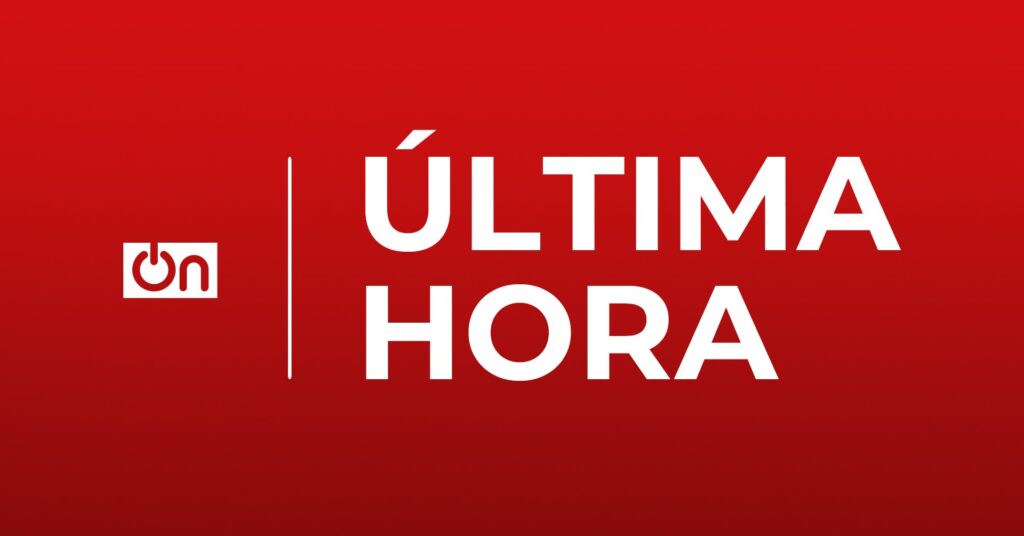Europe escapes recessive picture
The economy of the European Union (EU) will have slightly better-than-expected growth in 2023 and moderate inflation, narrowly escaping a recessive picture, the European Commission announced Monday.
In its winter report with projections for the bloc’s economic performance, the Commission (the EU’s executive arm) revised its projection for the eurozone’s economic performance this year marginally upwards, to 0.9%.
This represents an improvement of 0.6 percentage point from their previous report.
For the EU as a whole, including countries that do not use the common currency, the Commission projected growth of 0.8%, thus improving the expectation announced in its previous report by 0.5 percentage point.
“Despite exceptional adverse blows” the European economy “should narrowly escape the technical recession that had been anticipated for this start of the year,” the Commission said in a note.
Simultaneously, the Commission lowered its projection of inflation in the euro area to 5.6% for 2023 and considered that the maximum limit of the trend had already been exceeded, due to the deceleration registered in energy prices.
The trajectory of inflation (which reached a maximum of 10.6% last October) in the euro zone has now added up to three months of slight consecutive drops, and this trend “suggests that the ceiling is behind us,” the institution said in a statement. .
“The EU economy started 2023 in a healthier situation than expected,” said the European Commissioner for the Economy, Paolo Gentiloni, when presenting the report.
The scenario “suggests that the EU economy should narrowly escape the technical recession that was projected in the autumn,” the senior official added.
With information from Reuters and AFP
















